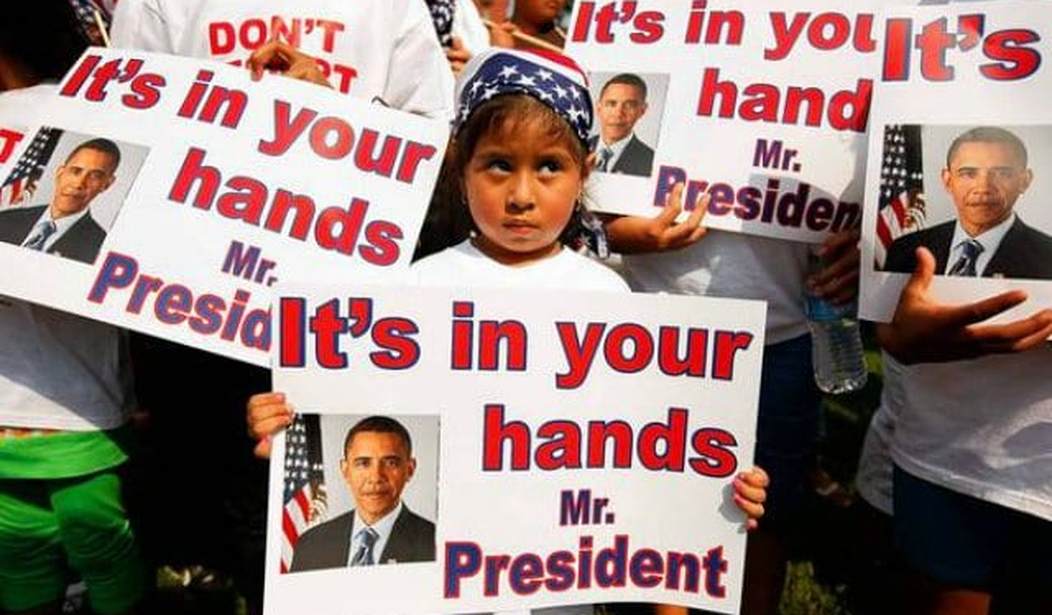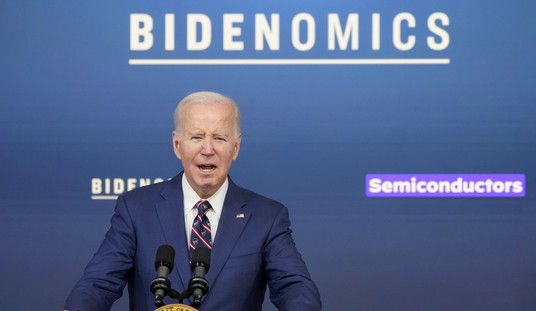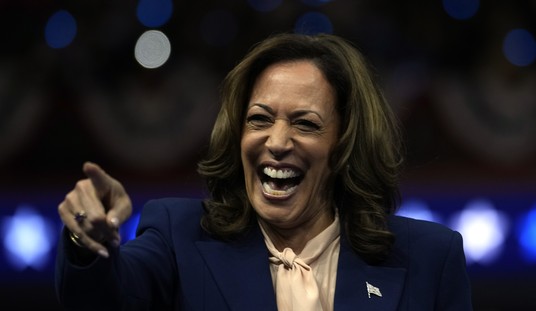WASHINGTON – A leading congressional advocate for immigration reform declared the effort dead for this year, maintaining the initiative likely won’t succeed until President Obama leaves office.
With the Independence Day recess looming, Rep. Luis Gutierrez (D-Ill.) acknowledged that the time for the House to act on a comprehensive measure has lapsed. He blamed majority Republicans in the lower chamber for refusing to address the issue, insisting that “no one tried harder than I did to keep the two parties talking about how to move forward on immigration.”
“But months passed and Republicans turned their backs on their own members, turned their backs on the American people, turned their backs on the business community, on Latino and Asian voters and on those trying to save the Republican Party from itself,” Gutierrez said. “But I kept hoping the better angels in the Republican Party would tamp down the irrational and angry angels blocking reform the American people want and deserve.”
Instead, Gutierrez said, House Republicans showed they “simply have no answer when it comes to immigration reform and Republicans have failed America and failed themselves.” It is now up to Obama to take whatever action he can.
House Democratic Leader Nancy Pelosi, of California, continued to hold out slim hope, acknowledging that “if we don’t have some indication in the month of July that there will be a hearing, that there will be a bill scheduled for the floor, it seems that there’s little chance for us to pass such a bill.”
“I’m hopeful,” she said. “I believe that the Speaker (Rep. John Boehner, R-Ohio) is of good faith on this. The Senate has acted — long overdue for the House to do so.”
The Obama administration has not yet thrown in the towel. The president has given the House until August to pass comprehensive legislation – exceedingly unlikely at this stage – vowing to implement reforms unilaterally if they fail to act.
Immigration reform has been on life support for some time in the House but supporters remained optimistic that some action could be taken before the beginning of the fall campaign season, a time when practically nothing – especially a controversial issue like immigration – will even be considered.
The House Judiciary Committee, the panel responsible for considering immigration reform, has not broached the subject since June 2013 when it passed legislation dealing with security and a guest worker program. The committee has never considered a measure passed by the Senate one year ago that passed in a bipartisan 68-32 vote. That bill, among other things, invested $46.3 billion in border security, created a pathway to citizenship for the estimated 11 million undocumented immigrants already in the U.S., offered a way to bring future foreign workers into the country and modernized the visa programs.
Rep. Bob Goodlatte (R-Va.), chairman of the House Judiciary Committee, told reporters on Thursday that achieving immigration reform would prove “exceedingly difficult” in the lower chamber at this point.
Goodlatte insisted that “enforcement has to take place first” before the House will even consider reform legislation. He chided the president for what he described as “a clear lack of leadership” in the area of border enforcement, citing the surge in unaccompanied minors crossing the Rio Grande.
“The president needs to do more,” he said.
The immigration reform debate was raised anew with reports regarding the influx of unaccompanied minors crossing the southern border, with administration officials asserting that a surge in resources is necessary as a result of the skyrocketing numbers from Honduras, El Salvador and Guatemala.
In 2011, an estimated 6,560 unaccompanied children illegally entered the U.S. Those numbers soared beginning in 2012, mostly as a result of children fleeing the escalating gang and drug violence in Central America, creating what Sen. Tom Harkin (D-Iowa), chairman of the Senate Appropriations Subcommittee on Labor, Health and Human Services and Education, called “an urgent humanitarian crisis.”
The Obama administration reported that as of June 15, about 52,000 unaccompanied children have been apprehended along the Southwest border since Oct. 1 — a 92 percent increase over the same period in 2013. As of the end of May, about 39,000 adults with children have been apprehended along the Rio Grande during that period.
In May alone, about 9,500 children were taken into custody by the Department of Homeland Security and transferred to the care of the Department of Health and Human Services — a more than 300 percent increase over May 2013 and 150 percent more than the total number of children in all of fiscal year 2011. Authorities expect as many as 60,000 unaccompanied children will cross the Mexican border illegally by year’s end. Those apprehended are being warehoused in what generally are considered untenable, unsanitary conditions.
American authorities are also working with the governments of Guatemala, El Salvador, Honduras and Mexico to stem the flow. Ricardo Zuñiga, senior director for Western Hemisphere Affairs in the National Security Council, said the Obama administration has found those countries have “a high level of interest in working with us because they understand the humanitarian nature of what it is that we’re trying to do and the fact that we’re all interested, first and foremost, in preventing the dangerous migration of children, particularly as we’ve seen an increase in children under 12 years of age. They all have an interest in making sure that their citizens are well cared for.”
As a result, the U.S. intends to provide $9.6 million to El Salvador, Guatemala and Honduras for repatriation centers so those removed from the U.S. have some place they can orderly land and then be processed back home.
In Guatemala, the U.S. is launching a new $40 million U.S. Agency for International Development program to improve citizen security in the areas that are most affected by violence. In El Salvador, money is being directed toward crime prevention. The U.S. also is investing about $130 million in other forms of bilateral assistance to those three countries for programs related to health, education and to promote economic growth.
Republicans criticized the administration for failing to take preventative steps. Boehner dispatched a letter to Obama last week urging him to activate the National Guard and send troops to the border to assist in turning back undocumented immigrants.
In his letter, Boehner accused the administration of misleading illegal immigrants into believing that “once they reach U.S. soil, they will be able to stay here indefinitely.”
“While we understand that many of these individuals are coming to this country to escape violence and hardship in their home country, the current climate along the border and our enforcement policies are only encouraging them to risk their lives and those of their children,” Boehner wrote. “It is time that we confront the crisis along the border head-on through immediate and aggressive action.”









Join the conversation as a VIP Member